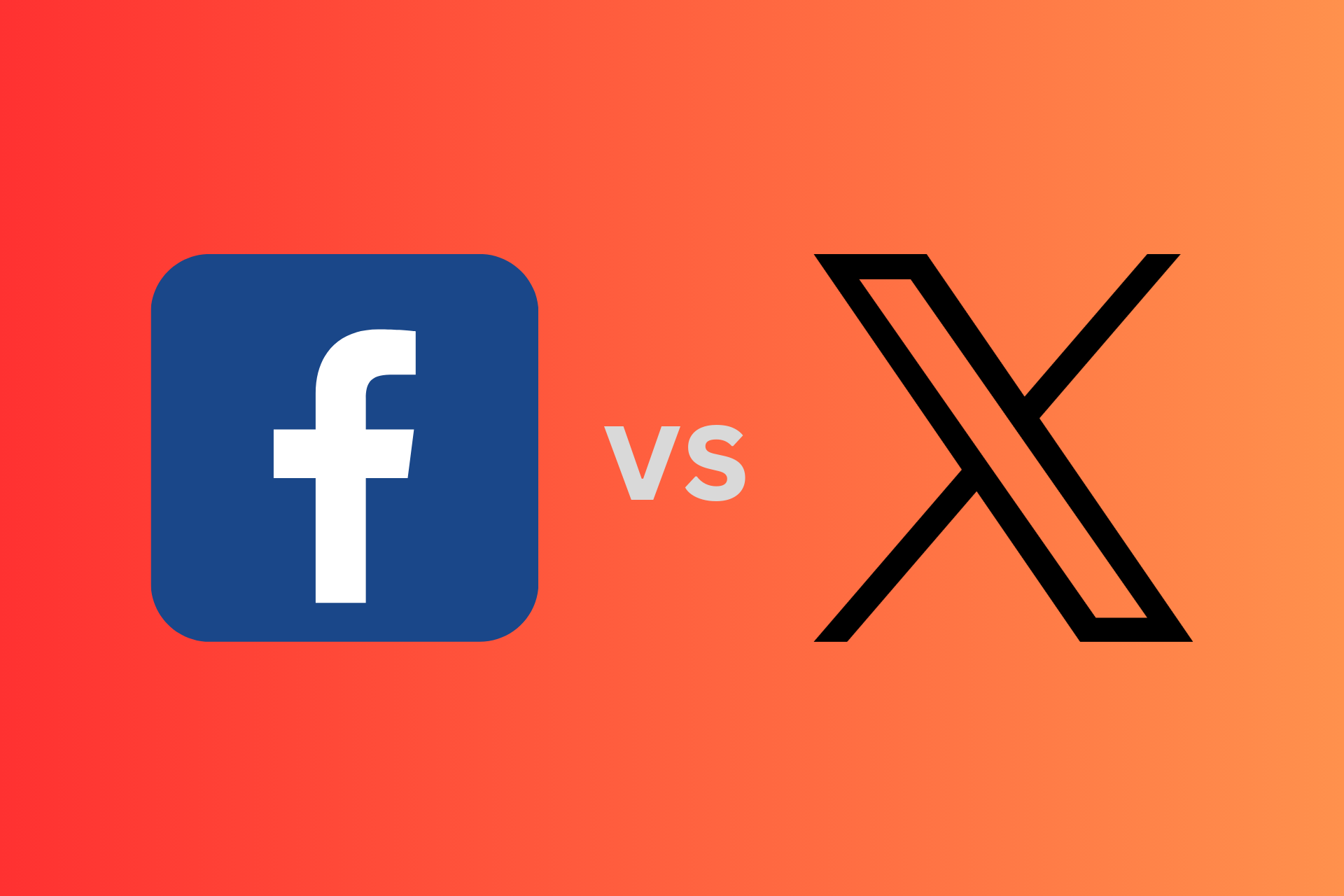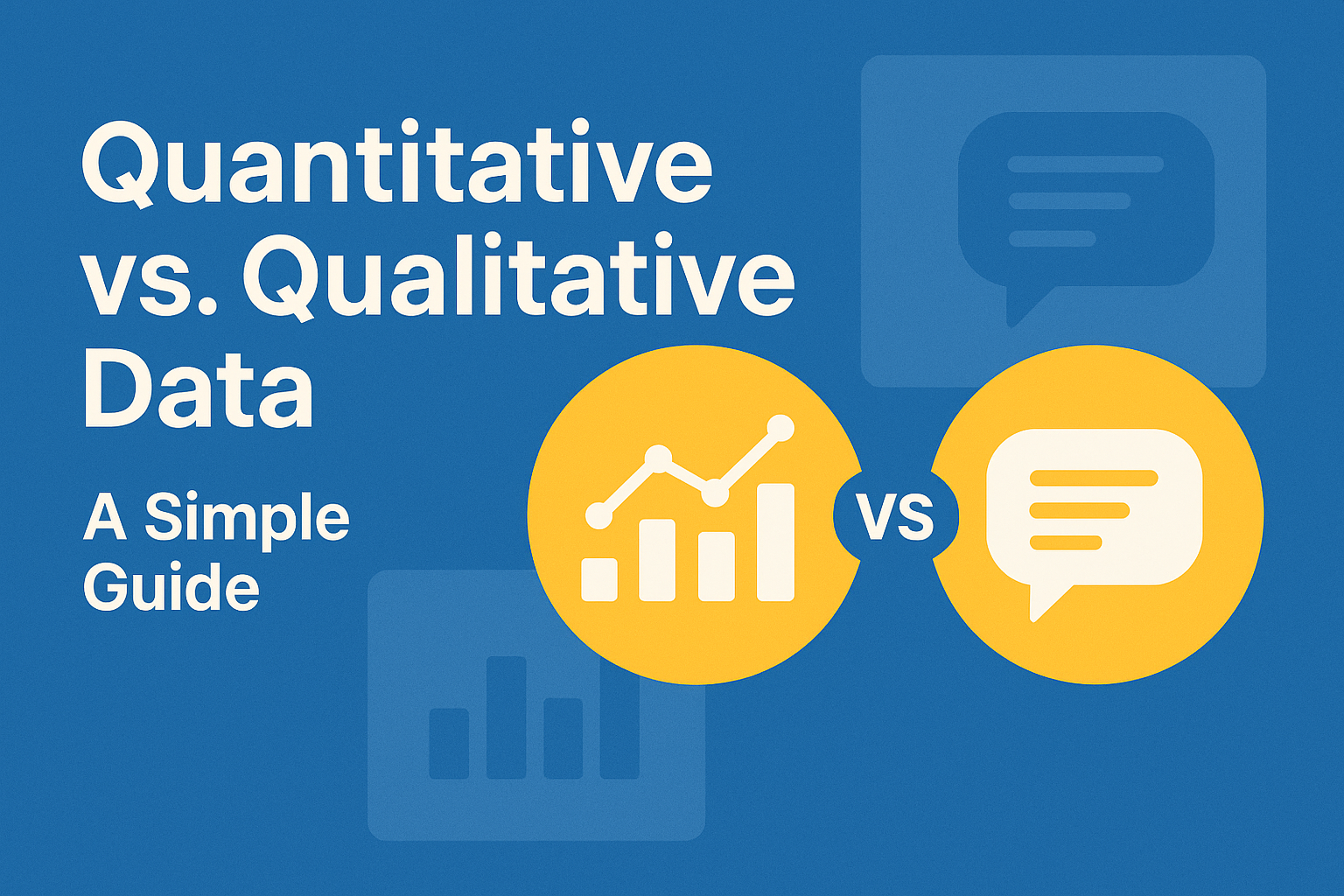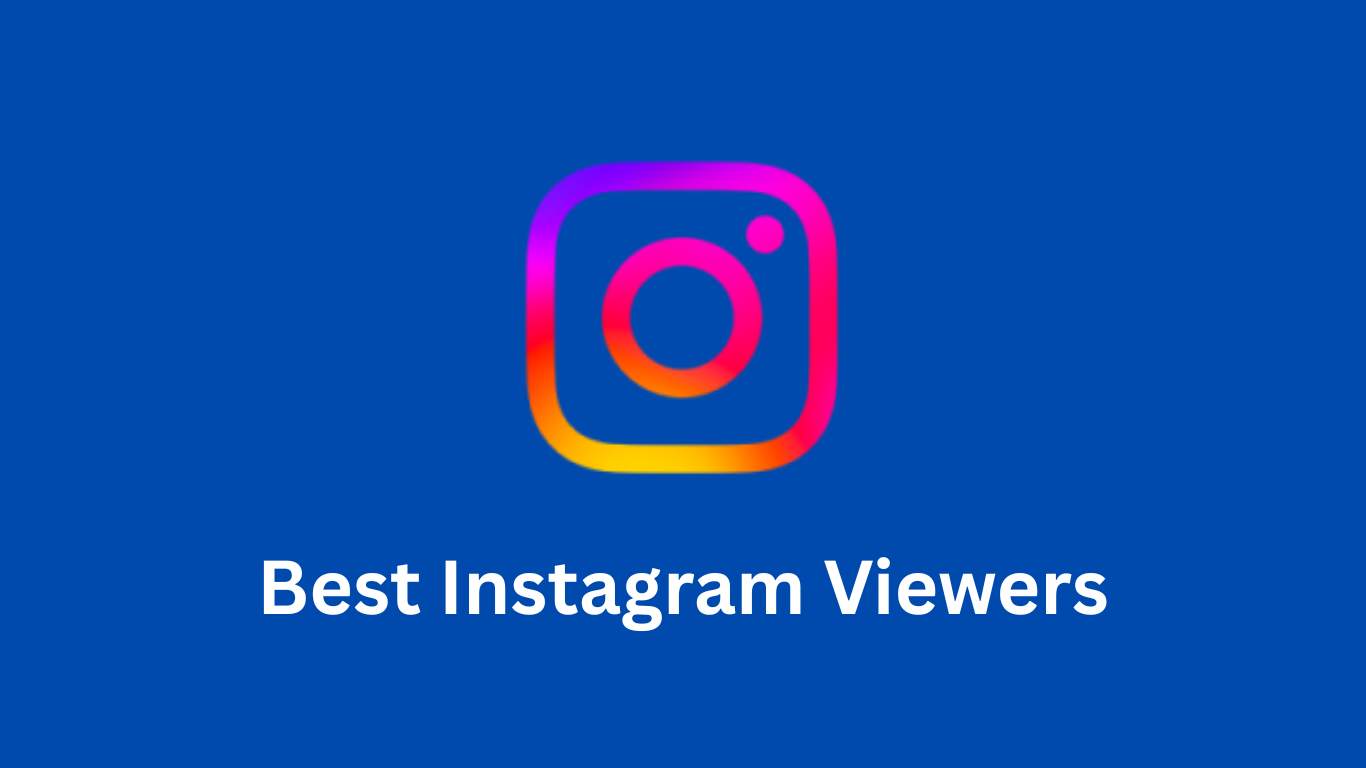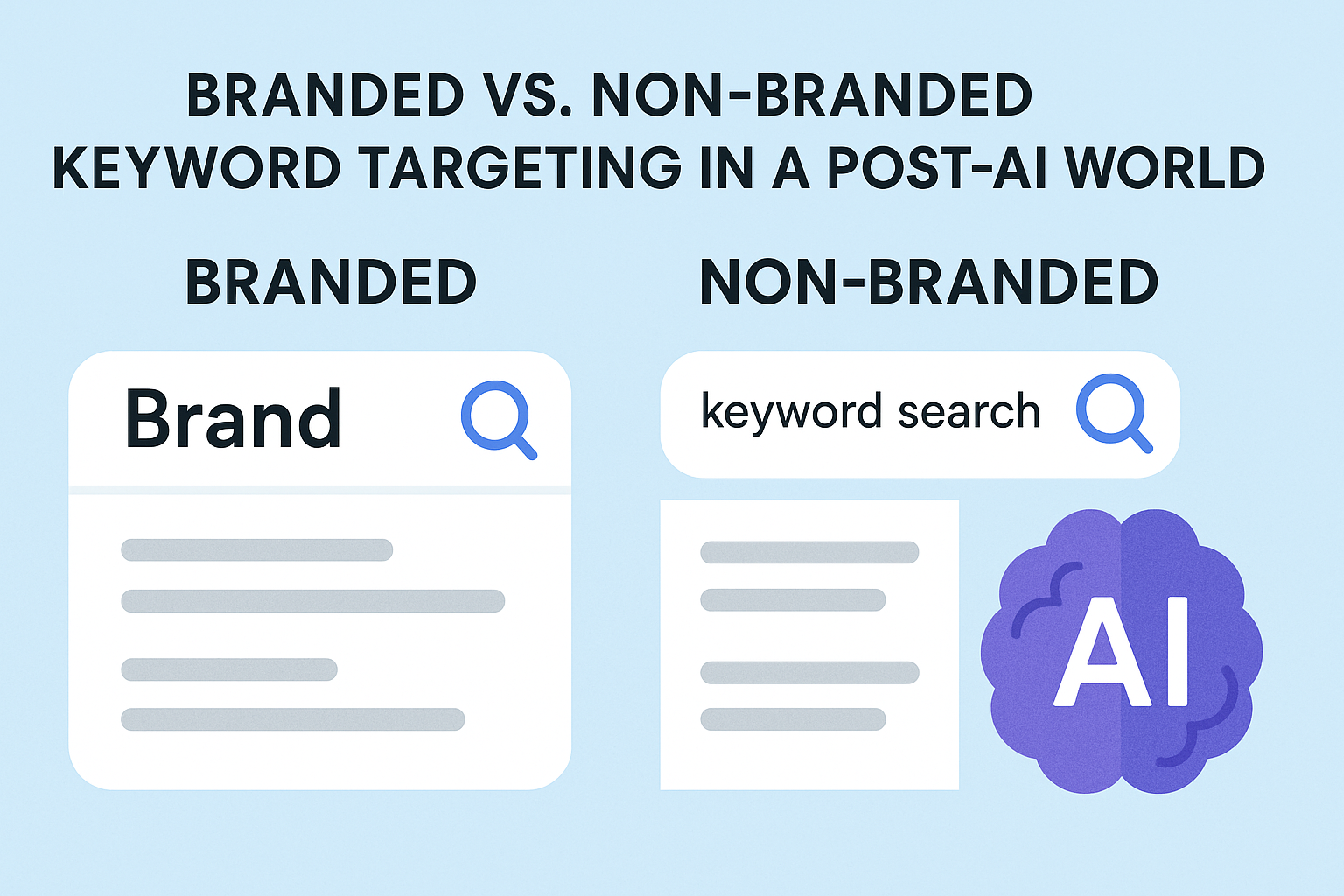In today’s digital age, social media platforms have become an integral part of our daily lives. They connect us with friends, family, and even strangers from around the world. Among the numerous platforms available, Facebook and Twitter stand out as two of the most popular ones. Each platform offers its own unique features and functionalities, catering to different user needs and preferences.
In July 2023, Elon Musk initiated a rebranding effort, replacing the iconic Twitter name and bird logo with a sleek new “X”. Therefore, the company’s website and headquarters are now adorned with the new X logo.
However, for the purpose of this blog post, we’ll use Twitter due to its prevalent usage across various content platforms.
Now, let’s discuss the difference between Facebook and Twitter.
| Aspect | ||
| Founding | March 21st, 2006 | February 4th, 2004 |
| Founders | Jack Dorsey, Noah Glass, Biz Stone, Evan Williams | Mark Zuckerberg, Dustin Moskovitz, Chris Hughes, Andrew McCollum, Eduardo Saverin |
| Ownership | X Corp. | Meta Platforms |
| App Size (iOS) | 217 MB | 319 MB |
| Default Post Format | Text-based posts | Text-based posts |
| Additional Content | Images, GIFs, videos, live streams, links | Images, GIFs, videos, live streams, links |
| Most Followed User | Elon Musk (137 million followers) | Cristiano Ronaldo (163 million followers) |
| Monthly Active Users | Approximately 450 million (2023 est.) | Approximately 2.94 billion (2023 est.) |
The Rise of Social Media Platforms: Facebook vs Twitter
1. Facebook: A Comprehensive Social Networking Experience
Facebook, with its vast user base, provides a comprehensive social networking experience. Users can create personal profiles, connect with friends, and share various forms of content, such as updates, photos, and videos. The platform encourages engagement through likes, comments, and shares. It emphasizes building personal connections and fostering online communities.
- Facebook for Businesses and Brands
In addition to personal profiles, Facebook also offers features for businesses and brands. They can create dedicated pages to engage with their audience and promote their products or services. Facebook’s advertising capabilities and detailed audience targeting options make it an excellent platform for businesses to reach out to potential customers and drive brand awareness.
2. Twitter: The Power of Concise Communication
Twitter, on the other hand, focuses on short, concise messages known as tweets. Unlike Facebook, Twitter does not prioritize personal connections. Instead, it revolves around following and engaging with accounts of interest. The platform encourages real-time conversations, breaking news updates, and trending topics.
- The Real-Time Nature of Twitter
Twitter’s fast-paced nature makes it ideal for staying up-to-date with the latest news and participating in real-time conversations. Its chronological feed presents tweets from accounts users follow in a timely manner, making it easier to access breaking news and trending topics. The use of hashtags on Twitter allows users to join broader conversations and discover new accounts and topics of interest.
- Twitter for Businesses and Brands
For businesses, Twitter offers valuable opportunities for customer support, brand promotion, and engagement with influencers. The platform’s viral potential can help businesses generate buzz and connect with a wider audience. Sharing timely updates, industry insights, and compelling content on Twitter can help businesses build a loyal following, establish thought leadership, and strengthen their brand presence.
3. Choosing the Right Platform for Content Marketing in India
- Considering Goals and Target Audience
When it comes to content marketing in India, businesses need to consider their goals and target audience. Facebook’s extensive user base and robust advertising features make it a compelling option for reaching a wider audience. With the right content marketing strategy, businesses can leverage Facebook’s algorithm to increase brand awareness and drive website traffic.
- Leveraging Twitter’s Real-Time Nature
However, Twitter should not be overlooked. Its real-time nature and viral potential can be advantageous for businesses seeking to generate buzz, engage in conversations, and connect with influencers in the Indian market. Sharing timely updates, industry insights, and compelling content on Twitter can help businesses build a loyal following and establish thought leadership.
- Expanding Reach through Instagram and LinkedIn
In addition to Facebook and Twitter, businesses should also consider leveraging other social media platforms to expand their reach. Instagram, with its visual-centric nature, is ideal for businesses in industries such as fashion, travel, and food. LinkedIn, on the other hand, caters more to professional networking and B2B marketing. Businesses targeting a professional audience or looking to establish industry expertise may find LinkedIn to be a valuable platform.
- Analyzing Platform Metrics and Insights
To make an informed decision about which platform to prioritize for content marketing, businesses should analyze platform metrics and insights. Facebook and Twitter provide analytics tools that offer valuable data on audience demographics, engagement metrics, and content performance. By closely monitoring these metrics, businesses can gain insights into their target audience’s preferences and behavior, enabling them to tailor their content strategy accordingly.
4. Considerations When Hiring a Content Marketing Agency in India
When looking for a content marketing agency in India, there are several factors to consider. It is important to find an agency with a proven track record in social media marketing, content creation, and community management. Hiring a knowledgeable agency that understands the nuances of platforms like Facebook and Twitter can help businesses develop a well-rounded strategy that aligns with their business goals.
Conclusion
Facebook and Twitter offer distinct functionalities that cater to different user needs and preferences. While Facebook focuses on personal connections and long-form content, Twitter thrives on real-time conversations and concise updates. Businesses should consider their target audience and goals when deciding which platform to prioritize. When seeking a content marketing agency in India, it is essential to partner with experts who can leverage the unique features of these platforms to drive engagement and achieve business objectives.

The Search Engine Cage team is on a mission to educate entrepreneurs. We make things easier for the small business owner, by writing articles that help them to understand SEO and Digital Marketing.







